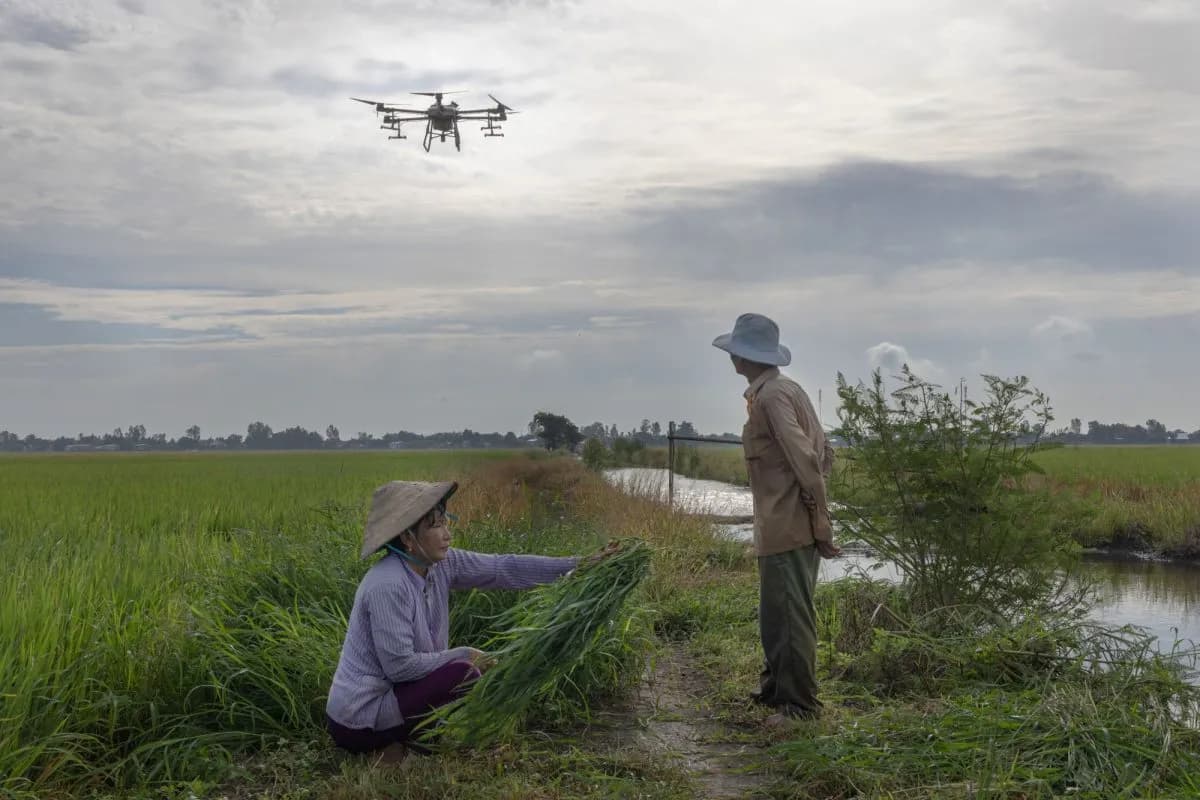Vietnamese Culture
Achievements of Agricultural
Vietnam's agricultural sector has made significant strides, transforming from a net importer of rice to the world’s second-largest rice exporter, largely due to the Green Revolution's introduction of high-yield rice varieties and modern farming techniques. The Mekong Delta, known as the ‘rice bowl of Vietnam,’ has been pivotal in this transformation. Diversification beyond rice to include fruits, vegetables, coffee, pepper, cashews, and rubber has further boosted agricultural productivity and food security. Vietnam is now a global export leader, particularly in robusta coffee, black pepper, and cashew nuts, with significant investments in processing facilities enhancing product value and market competitiveness. Extensive irrigation projects in the Central Highlands and Mekong Delta, along with improved rural infrastructure, have reduced post-harvest losses and improved supply chain efficiency. Sustainable practices such as organic farming and agroforestry have gained momentum, supported by government policies and consumer demand. Technological advancements, including mechanization and precision agriculture, have improved productivity, while research institutions like the Vietnam Academy of Agricultural Sciences (VAAS) have developed new crop varieties and farming practices. Comprehensive agricultural policies and enhanced access to rural credit have empowered farmers to invest in productive assets and adopt new technologies. Climate-smart agriculture practices and disaster risk management programs have been implemented to mitigate the impacts of climate change. These achievements underscore Vietnam's commitment to sustainable agricultural development and economic resilience


